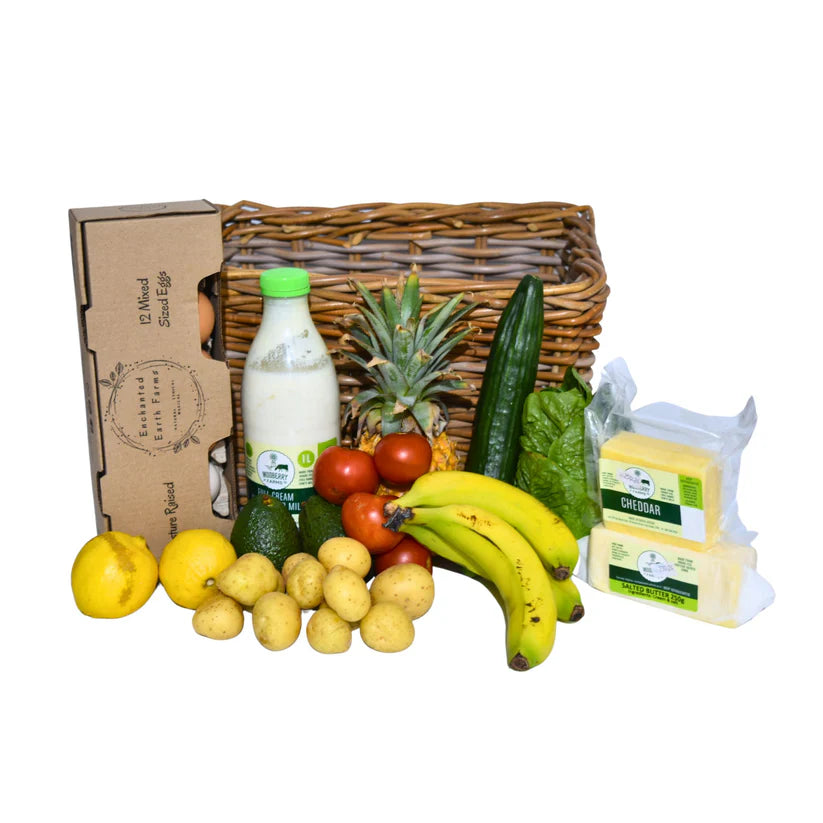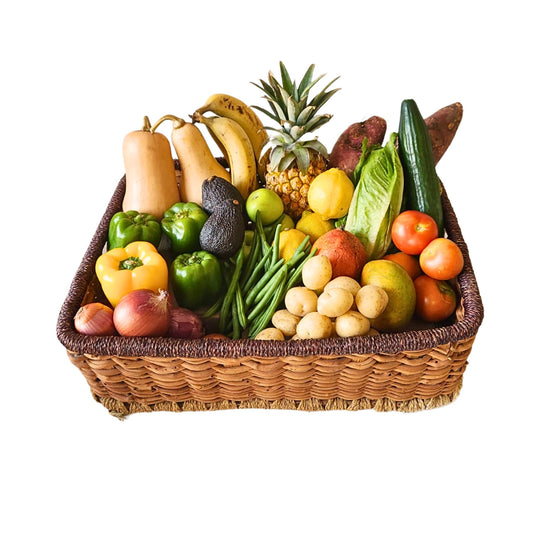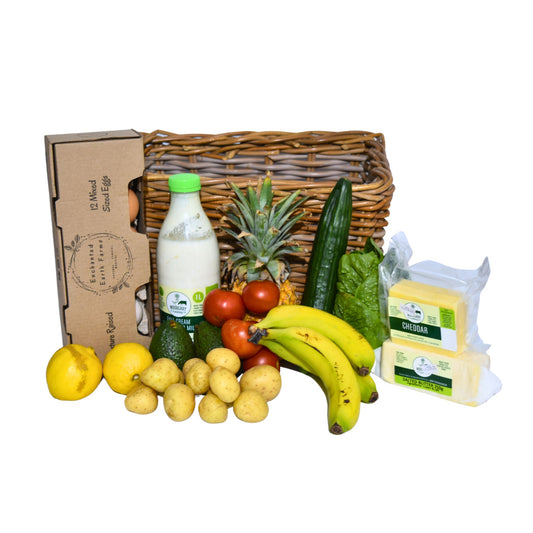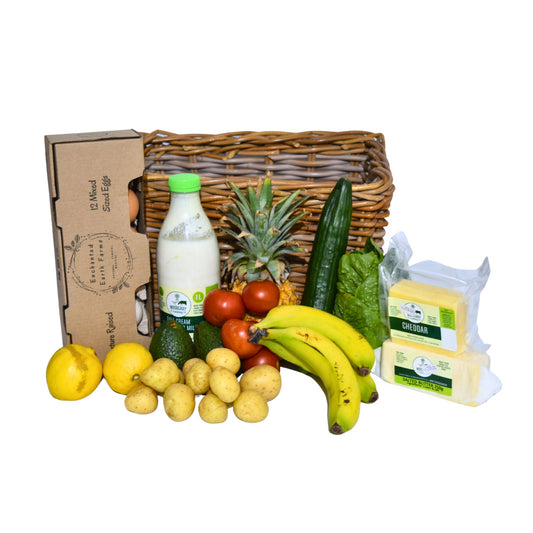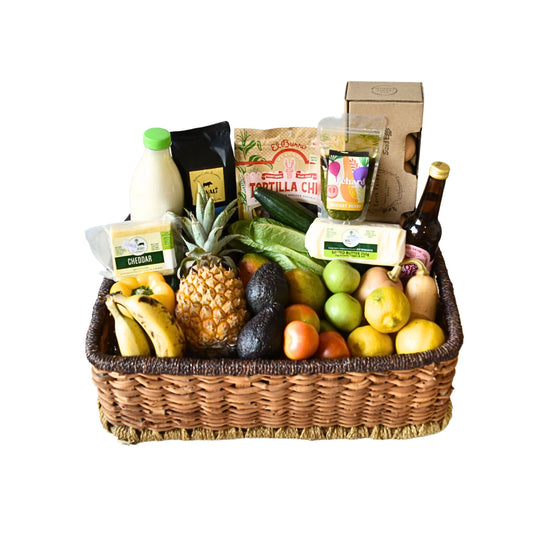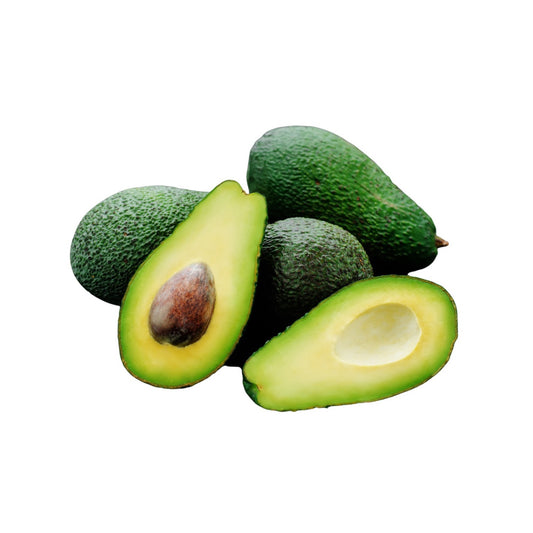Article Summary:
- Prioritizing agroecological methods: Emphasizing practices that enhance soil health, biodiversity, and resilience can boost sustainability in organic farming.
- Fostering research and innovation: Supporting research drives improvements in organic farming techniques, fostering collaboration among stakeholders for ongoing enhancement.
- Enhancing market and policy support: Strengthening market incentives and policy frameworks ensures economic viability and social equity in organic agriculture.
The question of whether organic farming is truly sustainable has sparked significant debate among farmers, consumers, and environmentalists alike. Organic agriculture, with its emphasis on natural methods and ecological balance, is often heralded as a more environmentally friendly alternative to conventional farming practices. However, as the global demand for organic products continues to rise, concerns have emerged regarding the scalability, economic viability, and overall sustainability of organic farming methods. In this article, we delve into the complex dynamics surrounding organic agriculture to explore its potential as a sustainable food production system. By examining key principles, environmental impacts, economic considerations, and challenges facing organic farming, we aim to shed light on the broader question of whether organic farming is indeed a sustainable solution for feeding a growing population while safeguarding the health of our planet.
Examining the Principles of Organic Farming
Organic farming is guided by principles aimed at fostering environmental sustainability and biodiversity conservation. Central to these principles is the emphasis on soil health as the cornerstone of agricultural productivity. Organic farmers prioritize soil enrichment through the use of organic matter, compost, and natural fertilizers, nurturing soil biodiversity and promoting nutrient cycling for improved fertility and structure.
Biodiversity conservation is another core principle of organic farming, manifested in the creation of diverse agroecosystems that mirror natural habitats. By abstaining from synthetic pesticides and GMOs, organic farmers foster habitat for beneficial organisms while preserving genetic diversity. This approach mitigates the risks associated with mono-culture cropping and supports ecosystem resilience.

Shop our Small Weekly Essentials Box at Orchard Food
Holistic management practices are integral to organic farming, recognizing the interconnectedness of environmental, social, and economic factors. Organic farmers adopt strategies that minimize external inputs, promote resource efficiency, and enhance the well-being of farmers and communities. Through sustainable farming systems, organic agriculture aims to address broader issues of food security, rural livelihoods, and environmental stewardship.
In essence, organic farming embodies a commitment to sustainability, resilience, and environmental integrity. By adhering to these principles, organic farmers contribute to the creation of agricultural systems that produce healthy, nutritious food while safeguarding the health and vitality of ecosystems and communities.
Assessing Environmental Impacts of Organic Agriculture
Organic agriculture is recognized for its environmental benefits, particularly in soil conservation and biodiversity promotion. By avoiding synthetic fertilizers and pesticides, organic farmers prioritize soil health and contribute to improved water retention and nutrient cycling. This approach reduces soil erosion, minimizes chemical runoff, and fosters carbon sequestration, thus mitigating the environmental footprint of farming.
Additionally, organic farming practices demonstrate lower levels of chemical pollution and reduced harm to non-target organisms compared to conventional methods. Through biological pest control and habitat conservation, organic agriculture supports ecological balance while minimizing reliance on external inputs. However, challenges such as higher resource use and lower yields may pose limitations to organic farming's overall environmental sustainability.
To optimize the environmental benefits of organic agriculture, ongoing research and innovation are crucial. By addressing challenges related to resource efficiency and productivity, while maintaining a focus on soil health and biodiversity, stakeholders can enhance the sustainability of organic farming practices and contribute to a more resilient and environmentally friendly agricultural system.
Evaluating Economic Viability and Social Equity in Organic Farming
Organic farming presents both economic opportunities and challenges, as well as considerations for social equity. While organic products often command premium prices in the marketplace, the transition to organic production methods can entail higher initial costs and ongoing expenses. Investments in organic certification, soil-building practices, and pest management alternatives may require significant financial resources, particularly for small-scale and transitioning farmers.
Despite these challenges, organic farming can offer long-term economic benefits through reduced input costs, improved soil health, and access to niche markets. Organic farmers may also benefit from government incentives and subsidies aimed at promoting sustainable agriculture practices. Moreover, by diversifying crops and adopting agroecological principles, organic farmers can enhance resilience to market fluctuations and weather extremes, thus strengthening their economic viability over time.
In terms of social equity, organic farming has the potential to promote greater inclusivity and community engagement within the agricultural sector. By prioritizing environmental stewardship and holistic management practices, organic farmers contribute to rural livelihoods and support local economies. Furthermore, organic farming practices often prioritize fair labor practices, equitable access to land, and cooperative models of production, fostering a more equitable distribution of resources and opportunities among farmers and farmworkers.
However, challenges related to access to land, capital, and technical assistance can limit the participation of marginalized groups in organic agriculture. Efforts to address these barriers through targeted support programs, education, and policy interventions are essential for promoting greater diversity and inclusion within the organic farming community. By evaluating and addressing economic and social considerations, stakeholders can work towards building a more sustainable and equitable food system centered around organic agriculture.
Exploring Challenges and Limitations of Organic Practices
Organic farming, while advantageous, confronts several challenges that impact its scalability and effectiveness. A primary hurdle is pest and weed management, where organic farmers rely on natural methods like crop rotation and biological control. While effective, these approaches may not match the efficacy of synthetic chemicals, potentially leading to yield losses and increased labor demands.
Additionally, organic agriculture often demands more land and labor compared to conventional methods, posing resource utilization and economic viability challenges. Transitioning to organic practices may involve significant upfront costs for certification and infrastructure upgrades, limiting accessibility, particularly for small-scale farmers. Climate variability further complicates matters, as organic systems are more vulnerable to extreme weather events, necessitating adaptive strategies and resilient farming practices.

Shop our Pasture Raised Meat Box at Orchard Food
Moreover, disparities in access to organic inputs and technologies, compounded by geographic and market limitations, present obstacles to widespread adoption. Addressing these challenges mandates investments in research, extension services, and policy support to ensure the accessibility and sustainability of organic farming practices for farmers across diverse landscapes and socioeconomic contexts.
Charting Paths to Enhance Sustainability in Organic Agriculture
Enhancing sustainability in organic agriculture requires a multifaceted approach that addresses environmental, social, and economic dimensions. One strategy involves promoting agroecological practices that harness ecological processes to enhance soil health, biodiversity, and resilience. By integrating diverse crops, minimizing external inputs, and enhancing nutrient cycling, agroecological farming systems can improve resource efficiency and reduce environmental impacts while maintaining productivity.
Furthermore, supporting research and innovation in organic farming is essential for developing and disseminating best practices, technologies, and tools that improve farm efficiency and sustainability. Investments in organic research can lead to the development of resilient crop varieties, innovative pest management strategies, and sustainable soil management techniques tailored to organic farming systems. Moreover, fostering knowledge exchange and collaboration among farmers, researchers, and policymakers can facilitate the adoption of sustainable practices and drive continuous improvement in organic agriculture.
Additionally, strengthening market mechanisms and policy support for organic agriculture can enhance the economic viability and social equity of organic farming. This includes incentivizing organic production through subsidies, grants, and market incentives, as well as implementing regulations and standards that promote fair labor practices, environmental stewardship, and consumer trust. By creating a supportive policy and market environment, policymakers can incentivize the adoption of sustainable farming practices while ensuring that organic farming remains accessible and economically viable for farmers of all scales and backgrounds.


